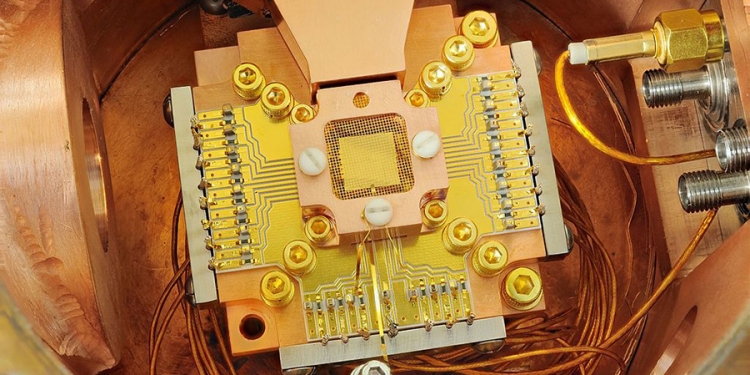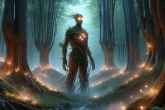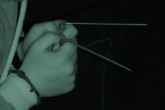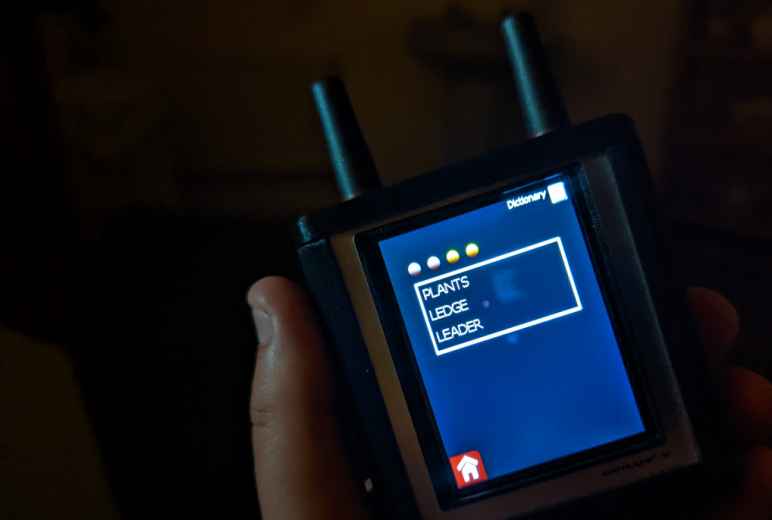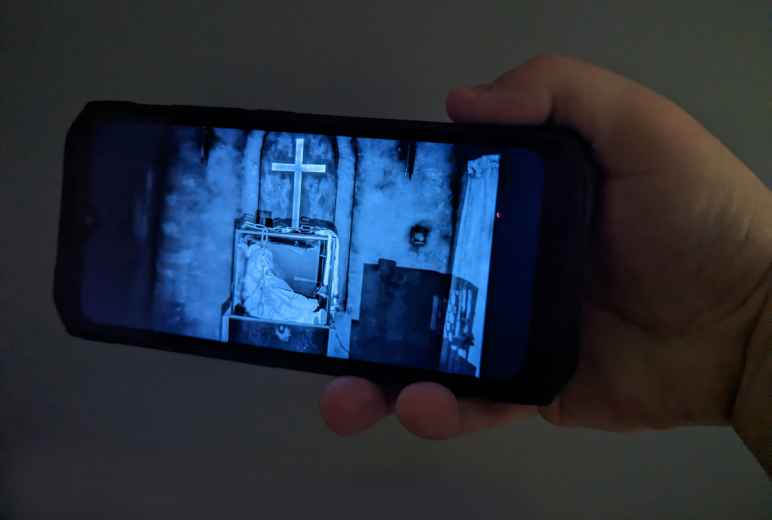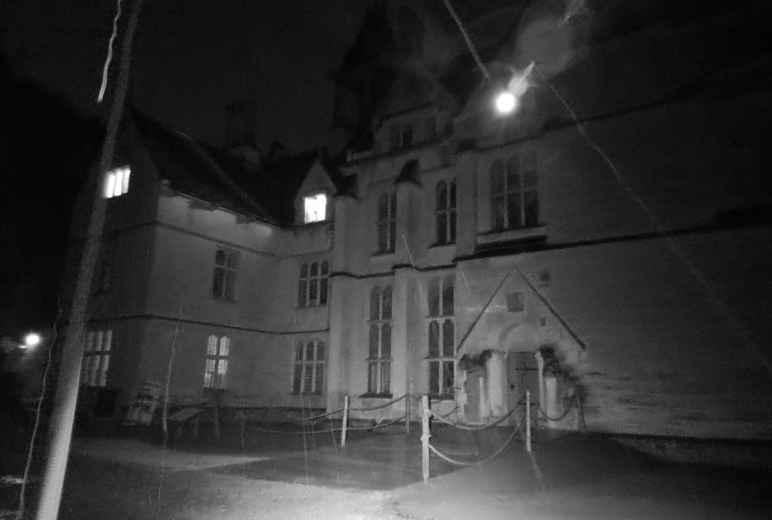Can You Reverse The Direction Of Time Using A Quantum Computer?
March 27, 2019 6:00 AM ‐ Science • Time Travel
This article is more than five years old.
It's been widely reported over the last few weeks that researchers from the Moscow Institute of Physics and Technology, along with colleagues in Switzerland and the US, have used a quantum computer to reverse the direction of time.
The idea of time running backwards seems to contradict the basic laws of physics, and if Star Trek taught us one thing it's that "ye cannae change the laws of physics".
Lead researcher Dr Gordey Lesovik, who heads up the Laboratory of the Physics of Quantum Information at the institute, described the experiment: "We have artificially created a state that evolves in a direction opposite to that of the thermodynamic arrow of time."
The experiment was carried out using a computer simulated model which started in an orderly state but evolves into a chaotic state, but then another modifier program is able to rewind the state of the quantum computer in such a way that it evolves backwards from chaos to order.
Although this all sounds like the type of science that could be paving the way to build a working time machine, the reason the experiment has been so widely celebrated is not because of the possibility of time travel, but for what it teaches us about quantum computing, a technology that will bring untold advancements to the human race.
To really understand what the researchers have achieved, we first need to define what "time" actually is. On a universal scale where the concept of time is relative, one way to think of time is as the measure of everything's tendency to move from being ordered to chaotic. The second law of thermodynamics describes this inevitable process as "entropy", this is the thermodynamic arrow of time that Dr Lesovik mentioned.
If we use a Lego house as an example. The bricks are stacked in an orderly way, this is a low entropy structure. If you then take a sledgehammer and smash the house up, the bricks lose their order and become a mess on the floor, a high entropy structure.
Everything in the universe is on a gradual decline into disorder and this process is one way. A rock can be eroded by the ocean over millions of years to create sand, but the ocean never deposits sand in a specific area in order to form a new rock. The same is true for our Lego house, a smack from the hammer will send it from order into chaos, but there is no single physical process that will cause the bricks to jump back up and re-form the house.
What the international team of researchers have demonstrated is that in a computer simulation they were able to allow a simple string of data to randomly transition into a complex and unpredictable string of data, before applying a modifier which effectively reversed this process in order to return the data to its original orderly state.
Thinking about it visually, the scientists likened it to a pool table. The simulation starts in an orderly state, in the case of the pool table that's with the balls in a neat triangle in the middle of the table. When the player breaks, these balls fly around the table, randomly banging into one another and creating an unpredictable and disorderly system.
In the simulation this transition from order to chaos is recreated using a rudimentary quantum computer made up of qubits of data. A qubits is a unit of information, like a "bit" in traditional computing that can store data as either a zero or a one, but in quantum computing a qubit can be either a zero, a one or a superpositioned state of the two at once. We won't get bogged down in how a qubit can be in two states at once right now, but think of Schrödinger's cat, the thought experiment in which the cat is both alive and dead at the same time.
So, starting with a zero, an "evolution programme", which is the equivalent of a strike with the cue ball, changes the state of the qubit to a random and very complex changing pattern of zeros, ones and a mix of the two. Once this state is reached, it would be impossible to mathematically calculate the starting point because the end result is so chaotic.
On a much simpler scale, it would be like being faced with the sum x + y = 10. Although you know the outcome is 10, it's impossible to workout what x and y (the starting point) is. It could be 1 + 9, or 4.3 + 5.7, or an infinite number of other combinations.
The same is true of the pool table, there is no trick shot that you can pull off that will knock all of the balls back into a triangle, but, in the simulation the researchers apply a modifier which induces a time reversal phenomenon. They liken it to giving the pool table a "calculated kick" which causes the balls to return to their start position.
The computer then runs the same evolution programme again, but this time instead of moving into a more chaotic state of even more complex data, the qubit rewinds to its start point, a neat and orderly zero.
This whole process takes less than a second for the quantum computer to run, so the qubit is only being rewound a mere fraction of a second into the past. The researchers carried out the experiment with two qubits of data and found that 85% of the time the qubits returned to their exact original state.
When they upped the complexity and used three qubits, the success rate fell to just 50%, which shows that our current abilities in quantum computing are limited and prone to errors.
It's for this reason (and not because of it's link to time travel) that the experiment is being hailed for its success, because it is an effective way to measure the accuracy of a quantum computer. Lebedev explained, "our algorithm could be updated and used to test programs written for quantum computers and eliminate noise and errors."
So, you can't use a quantum computer to reverse the flow of time in the real world or to send a person back in time, but through a quirk in quantum computing you can effectively reverse causality within a computer simulation, although at the moment only by a fraction of a second.
Brian Cox Explains Why Time Travels In One Direction
Related Content
Daily Horoscopes
You May Also Like
